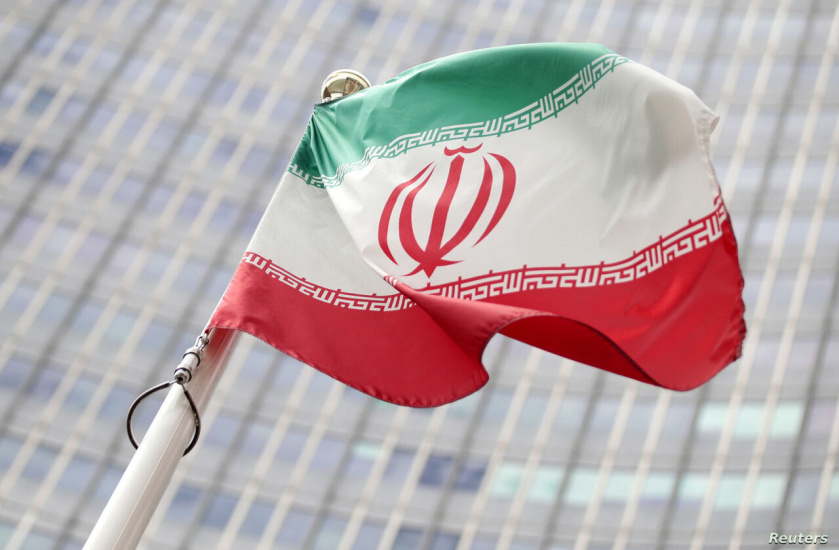The Fourteenth Government and the Integration of "Diplomacy and the Field"

Dr. Masoud Pezeshkian, our nation's president-elect, in his first foreign policy action, emphasized continued support for the resistance in a letter to Seyyed Hassan Nasrallah, Secretary-General of Hezbollah. This message, reflecting the president-elect's astuteness in understanding the factors essential for maintaining inter-institutional cohesion and advancing our national interests, went beyond merely announcing the future administration's foreign policy approach. It notably facilitated a favorable environment for increasing internal consensus and unity by addressing the crucial relationship between what is termed diplomacy and the field.
Given the importance of examining this concept, and drawing on the author’s research and publications on the integration of the field with the foreign policy apparatus of countries like the United States, the United Kingdom, Russia, and China, it is essential to explore why the coordination between diplomacy and the field is crucial as we approach the establishment of the Fourteenth Government.
Undoubtedly, the realm of international relations is complex and multilayered, where various actors with conflicting goals and interests interact. In this context, diplomacy and the field are presented as two significant tools in advancing a country's foreign policy. Despite their apparent differences, these two tools are complementary in practice and can maximize the effectiveness of foreign policy through their interaction.
Diplomacy, as the art of negotiation and peaceful interaction, is employed to resolve disputes, advance national interests, and foster friendly relations with other countries. Whether in the form of formal negotiations or public diplomacy, it can serve as a means to build trust, reduce tensions, and prevent conflicts. For instance, the nuclear negotiations between Iran and the P5+1 demonstrated how diplomacy could help resolve complex disputes and achieve sustainable agreements.
In contrast to diplomacy, the concept of "the field" refers to the arena of power projection and influence. In this realm, countries use both hard and soft power tools to shift the balance of power in their favor and secure their national interests. These tools can include supporting proxy groups, conducting intelligence operations, imposing economic sanctions, and even engaging in military intervention. For example, Russia's military intervention in Syria illustrated how the field could be used to safeguard national interests and alter the regional balance of power.
However, diplomacy and the field should not be seen as contradictory and separate. Their relationship can be considered from three perspectives:
- Diplomacy as a prerequisite for the field: In many cases, diplomacy acts as a precursor to field operations. Countries initially attempt to achieve their goals through negotiation and dialogue. If diplomacy fails, they may resort to field tools.
- The field as the backbone of diplomacy: In some cases, the field can support diplomacy. By demonstrating power and capability in the field, countries can gain an upper hand in diplomatic negotiations.
- Diplomacy as a tool for managing the field: In certain situations, diplomacy can be used to manage field operations. A country can utilize diplomacy to prevent escalation in the field and move towards peaceful resolution of conflicts.
As demonstrated, these two concepts are complementary in practice, enhancing the effectiveness of foreign policy through their interaction. Diplomacy can act as a prerequisite for the field, meaning countries initially strive to achieve their objectives through negotiation. If unsuccessful, they resort to field tools. Conversely, the field can support diplomacy. Displaying power and capability in the field can give countries an advantage in diplomatic negotiations and better positioning for bargaining.
History and contemporary developments provide numerous examples of the interrelationship between diplomacy and the field. For instance, during the Cold War, the United States and the Soviet Union, while competing in the field, used diplomacy to prevent nuclear war. As detailed in my book "Diplomacy of Influence," during the U.S.-led military invasion of Iraq in 2003 and for nearly a decade thereafter, the management of Iraq's affairs was directly handled by the U.S. Department of Defense, or the Pentagon. To this day, the Pentagon, representing the field in U.S. foreign policy, plays a significant role in shaping the White House's diplomacy towards Iraq.
In contemporary developments, examples such as the nuclear negotiations between Iran and the P5+1 can be cited. In these negotiations, Iran demonstrated its power and capability in the field, gaining diplomatic concessions.
Thus, diplomacy and the field should be viewed as two sides of the same coin in foreign policy. Smart and simultaneous use of these two tools can help any country achieve its international objectives. In today's complex and dynamic world, based on global experiences, countries that can balance diplomacy and the field are more successful in advancing their national interests.
In conclusion, it is hoped that the president-elect’s insight and understanding of the necessity and importance of integrating the field and diplomacy will further pave the way for inter-institutional understanding and cooperation to safeguard national interests regionally and beyond.

